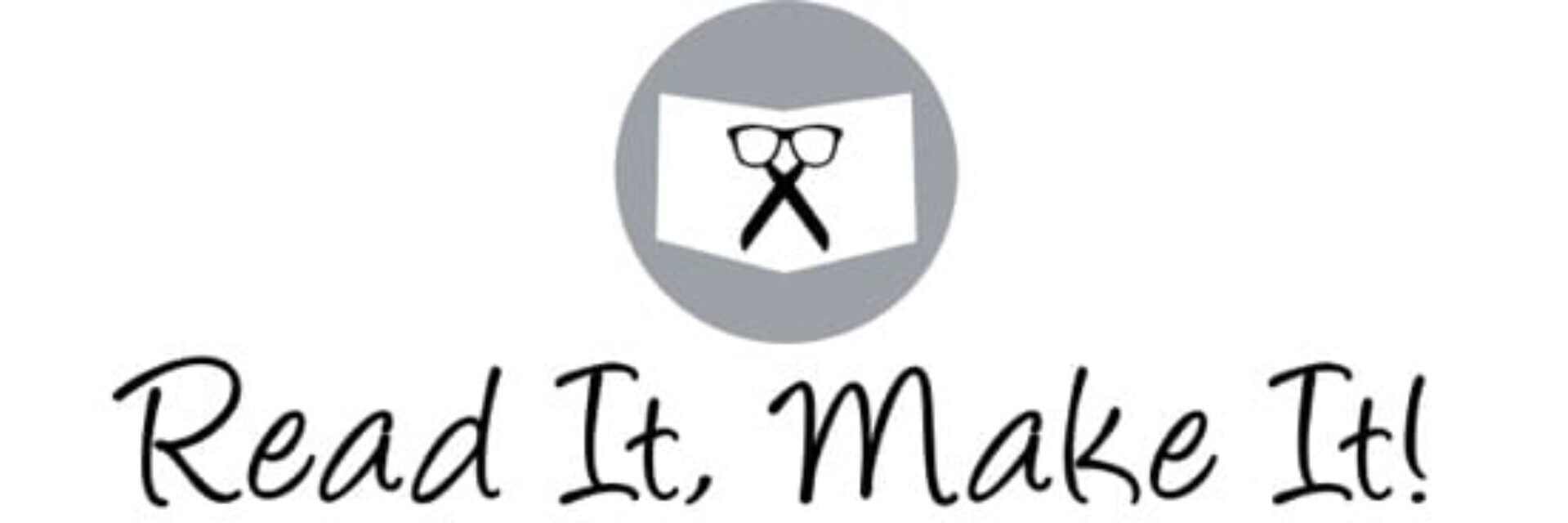Louisa May Alcott’s Thanksgiving
It’s Wednesday (again), so we’re talking about vintage children’s books. This week’s selection is a little tricky, because the story itself is past vintage to antique, and the illustrated version I’m looking at is just old enough to be vintage, but if you try to buy this today, you’ll get a newer edition with decidedly less-charming illustrations.
Here’s the book in question:

Louisa May Alcott’s An Old-Fashioned Thanksgiving was originally serialized in St. Nicholas children’s magazine. It appeared in 1881, over a decade after the success of Little Women. This particular version, with Michael McCurdy’s masterful wood-block prints, came out in 1989. Obviously, the choice of medium for the illustrations was key in relating the mood of the story, which is actually set 60 years before its writing, in 1820s New Hampshire.
The story is straight out of a Shakespearean comedy. A family, large and well-described, is preparing its Thanksgiving meal, with a heaping portion of Protestant work ethic and New England accents. Everyone is sad that they won’t be with the rest of their family this year, as Gran’ma is ailing, and cannot host the meal. As dish after dish gets added to the pantry, the family makes its peace with a ‘lonely’ holiday. (How lonely can you be in a family of a dozen people?)
Suddenly, a rider approaches, and gives news that Gran’ma has taken a turn for the worse, and that the mother’s family is needed immediately. The parents ride off, leaving the oldest children in charge, and things go well. Everyone listens nicely, eats plenty, completes his/her chores, and then settles in for an evening of handwork, reading, and wholesome game-playing. (The retelling of the family’s past heroics, complete with a reference to their Pilgrim ancestors, grounds this story decidedly in Gilded Age New England, whether or not Alcott even knew she was doing it.)
Everyone goes to sleep, wakes up, continues to behave perfectly, and then the older girls set about to make a Thanksgiving meal. There is an incident with what the children believe to be a bear, and then a significant surprise at the end. “All’s well that ends well” doesn’t even begin to cover how neatly Alcott tied up this story with a perfectly-formed bow, but it does reflect the feeling of having eaten a delicious Thanksgiving meal, which is how you’ll feel when you’re done with the book.
If it sounds like I’m mocking the story, I’m not. (Well, only a little.) It’s a fascinating glimpse into the literary world for children at the time of its writing, and gives some pretty good insight into the sorts of myths we develop around our families and their traditions. If you’re from New England, unlike me, it probably would make you a little sentimental, and you might even be able to understand how it’s supposed to sound when read aloud.
This is not at all the sort of thing most children read today, and I imagine that most children younger than 8 or 9 would struggle to follow both the language and the plot. Nonetheless, check and see if your library has a copy, because I think there’s enough excitement to engage your 4th or 5th grader, especially if s/he is drawn to historical fiction. No one’s vocabulary ever suffered from being exposed to too many good words, right?
For middle and high schoolers, An Old-Fashioned Thanksgiving could be an introduction into the ways we memorialize and glorify the past, often with little regard for accuracy, when the present just doesn’t live up to our expectations. Alcott points out repeatedly how industrious and productive the children’s labors were, most unlike the children of her day, who were apparently doing nothing but the 1880s version of playing video games and eating Cheetos. It turns out that “what’s wrong with kids these days?” is not a sentiment unique to the 21st century. Who knew?
{I discovered that there is some sort of Hallmark Channel movie allegedly based on this book, but the plot descriptions online do not really make it seem very similar. Please don’t buy the movie instead of the book. Merci.}
